When it comes to achieving great health, shortcuts don’t really exist… Well, except for maybe one.
Yes, there’s exactly one thing you can do that will almost immediately have a positive impact on all aspects of your physical, mental, and emotional health.
So, what is it? Simple: Get good, quality sleep every night.
A good night of sleep can improve your energy, athletic performance, memory, mood, focus, problem-solving skills, creative ability, and even make you look more attractive.
Now for many people, that’s easier said than done. So in this article, we’ll walk you through what happens while you sleep, what factors can affect your sleep quality, what you can do to start improving your sleep tonight, and introduce three natural, clinically-researched ingredients that can make sleep issues a thing of the past (and no, they aren’t melatonin or magnesium).
Energy For Life Begins With Your Sleep
We spend approximately one-third of our life sleeping, yet interestingly enough, scientists still don’t know the exact biological reasons for our nightly slumber.
However, from an evolutionary perspective, the fact that almost all animal species sleep is a strong indication that it’s a fundamental requirement for health.¹
Sleep is as essential for us humans as food and water, and without it, our energy and wellbeing suffer dramatically.
But even though we know it’s important, getting enough quality sleep is still an issue for many of us.
Case in point:
- 70% of US adults experience at least one bad night of sleep every month;
- One-third report getting less than seven hours of sleep each night;
- And worse, 50-70 million Americans are chronically plagued with sleep-related disorders.²
Whether you’re dealing with chronic sleep problems, or just think you could benefit from a few extra hours of ZzZs, by understanding the factors that affect your sleep quality and the brain chemicals involved, you can have a better chance of reaching “sleep princess” status each night.
What Happens When You Sleep
Despite looking like a lifeless zombie on the surface, there’s actually a multitude of complex processes happening while you sleep each night, especially when it comes to brain activity.
The Stages of Sleep
There are two types of sleep: rapid eye movement (REM) sleep and non-REM sleep (which is broken up into three different stages).
Each stage is characterized by individual brain waves and neuronal activity that are uniquely crucial to health.
Stage 1, non-REM sleep is a short period of light sleep in which your brain waves begin to slow. Your heartbeat and breathing also slow down and your muscles relax (which can cause twitching or that bizarre “phantom falling” feeling).
Stage 2, non-REM sleep is another period of light sleep in which your body relaxes even further. Brain wave activity slows, but you also get brief bursts of electrical activity.
Stage 3, non-REM sleep is known as “deep sleep” and is when your heartbeat and breathing slow to their lowest levels. While all stages of sleep are important, deep sleep is especially crucial for health. During this stage, you get a release of growth hormone, helping your body to build and repair muscle tissue. Deep sleep is also crucial for immune function, glucose metabolism, cognitive function and memory, motor skills, and overall brain development.³ ⁴ ⁵ ⁶
REM sleep is when most of your dreaming occurs, and is marked by heightened brain activity. Your eyes move rapidly, breathing becomes faster and irregular, and your heart rate and blood pressure increase.
Your muscles also become “paralyzed” which prevents you from acting out your dreams! REM sleep may be particularly important for memory consolidation, managing stress and anxiety, and emotional processing.⁷ ⁸
The average adult will cycle through all four stages several times each night, usually four to six times. One round through each stage is called a “sleep cycle” and generally lasts about 90 minutes.
Factors That Can Affect Your Sleep Quality
Most mere mortals judge a night of sleep as “good” or “bad” based on whether or not we wake up feeling energized, refreshed, and ready to take on the day.
But what factors actually impact the quality of your sleep?
While there’s no exact definition of “sleep quality,” experts agree that how well you sleep depends on a few factors: latency, duration, and restfulness.⁹
Factor 1: Sleep Latency
Sleep latency refers to the time it takes for you to fall asleep. According to the Sleep Foundation, a healthy adult should have an average sleep latency of 10 to 20 minutes.
Sleep latency shorter than 10 minutes could indicate extreme sleepiness, sleep deprivation, or poor sleep quality caused by an underlying sleep disorder.¹⁰
On the other hand, people who take more than 20 minutes to fall asleep could have insomnia or another issue.
Latency can also be affected by lifestyle factors such as:
- Alcohol
- Caffeine
- Medication
- Stress levels
- Sleep environment
- What time you go to bed
Factor 2: Sleep Duration
Another factor in the quality of your sleep is sleep duration, or the length of time that you’re asleep throughout the night.
While your ideal sleep duration can vary based on your individual circadian rhythm, most experts agree that healthy adults should get between seven to nine hours of sleep each night.¹¹
Sleeping less than seven hours per night can not only leave you feeling tired the next day, it’s also associated with an increased risk of developing chronic conditions such as obesity, diabetes, high blood pressure, heart disease, stroke, and mood disorders.¹²
But surprisingly, more sleep is not always better…
Regularly sleeping more than nine hours, also known as “oversleeping,” could be an indicator of an underlying health condition such as hypothyroidism, diabetes, cardiovascular disease, sleep apnea, or narcolepsy.¹³
Factor 3: Restfulness
Restfulness during sleep is another indicator of your sleep quality. Did you toss and turn, waking up frequently throughout the night? Or did you sleep peacefully and soundly?
While restfulness can be quite subjective and tricky to measure without a sleep tracking device, you can usually tell if you had a restful night’s sleep the next morning.
If you wake up feeling tired and lethargic even though you “got enough sleep,” you may have been restless during the night, which could have impacted your deep sleep.
Restfulness can also be affected by factors such as:
- Lights
- Loud noises
- Alcohol or caffeine
- Rumination or anxiety
- Temperature (too hot or too cold)
- Sharing a bed with a family member or pet
The Consequences of Not Getting Enough High-Quality Sleep
Now that you’re aware of all the important biological processes that take place during sleep, it probably comes as no surprise that a lack of quality sleep can lead to a number of health issues.¹⁴
When it comes to your brain and mental health, insufficient sleep:
- Impairs decision making
- Compromises concentration
- Amplifies emotional reactivity
- Distorts emotional processing
- Impairs motor function and performance
- Makes you more impulsive and reduces your ability to stick with healthy behaviors
Sleep deprivation also wreaks havoc on your physical health, and has been associated with:
- Low energy
- Premature aging
- Poor glucose control
- Hormonal imbalances
- Compromised immunity
- Weight gain and obesity
- Increased risk of all-cause mortality
- Higher risk of developing more serious health complications
Crazy, right?!
Leading sleep researcher, professor, and author Matthew Walker frames it this way...
“We often think of the impact of a lack of sleep on things like behavior, driving, or making food choices. . . but there is something about a lack of sleep that will get into cells themselves and alter intracellular functioning. If a single factor (sleep) can have its impact all the way from complex cognitive issues like decision making, all the way down to something like intracellular function, my goodness you need to look out if you’re depriving yourself of that one function.”
So How Much Sleep Do You Need?
Okay, okay, sleep is important. Got it.
But how much do you actually need?
According to the National Sleep Foundation, recommendations vary by age¹⁵:
- Newborns: 14-17 hours
- Infants: 12-15 hours
- Toddlers: 11-14 hours
- Preschoolers: 10-13 hours
- School-aged children: 9-11 hours
- Teenagers: 8 -10 hours
- Adults: 7-9 hours
- Seniors: 7-8 hours
Now, we’ve all heard of the high-achiever, sleep-when-I’m-dead types that seem to get by–and at least on the surface, even thrive–on much less sleep.
Former President Barack Obama apparently sleeps no more than six hours each night, TV host Kelly Ripa thrives on five hours, and inventor Thomas Edison claimed to have required a measly three to four hours of shut-eye, just to name a few.
While it’s definitely possible for certain people to require less sleep depending on their personal circadian rhythm (or chronobiology), these individuals are few and far between, and the bulk of the research suggests that most adults will benefit from sticking to the general guidelines.¹⁶
In other words, your best bet for optimal health and wellbeing is to get seven to nine hours of sleep every night.
How Neurotransmitters Affect Your Sleep
As you’ve gathered, there are many lifestyle factors that can affect sleep quality and duration, including:
- Stress
- Nutrition
- Exercise
- Temperature
- Light exposure
- Sleep environment
- Caffeine and alcohol consumption
In previous articles, we’ve covered how to address these lifestyle factors with simple lifestyle habits to improve your sleep as well as how to hack your environment to sleep better.
However, there is one common thread with all of these factors that makes them disruptive to your nightly slumber…
Their effect on your neurotransmitters.
In part, things like alcohol, caffeine, and light exposure can cause an imbalance in neurotransmitters (chemical messengers in the brain and body) which can keep your brain and body “alert” and prevent you from switching into a relaxed mode that makes it easier to naturally fall asleep.
Neurotransmitters and Your Sleep
There are about a dozen neurotransmitters involved in the sleep-wake cycle, though two seem to be most impactful: GABA and serotonin. Supporting their function has been shown to improve all three factors–latency, duration, and restlessness–associated with sleep quality.
Serotonin
Serotonin is a neurotransmitter that plays an important role in mood and mental health, as well as sleep. During the day, serotonin builds up in the parts of the brain responsible for wakefulness, which later contributes to the onset of sleep.
Serotonin is also a precursor to the powerful sleep hormone melatonin, which is fundamental to regulating our circadian clock, the entire sleep-wake cycle, and promoting deep, restful sleep.
Low levels of serotonin can contribute to depression, anxiety, and insomnia—all of which can impact your sleep quality.
Lack of serotonin has also been associated with less restorative non-REM (deep) sleep.¹⁷ ¹⁸
GABA
GABA is the main inhibitory neurotransmitter. It essentially functions as the “brakes of the brain,” slowing down the firing of neuronal cells and easing the mind into a state of calm.
When you have adequate levels of GABA, specifically in the posterior hypothalamus, your brain is able to seamlessly transition from awake and alert to calm and relaxed, helping you fall asleep faster and stay asleep longer.¹⁹
However, when GABA levels are disrupted, you can experience more rumination, worrying, or anxiousness, which can impact your overall sleep quality.
In fact, research shows brain levels of GABA are up to 30% below baseline in individuals with insomnia.²⁰
So, by focusing on balancing out your neurotransmitters and improving their function–which can be done with lifestyle habits and also with specific compounds–it’s possible to achieve incredible gains in your sleep quality!
How to Improve Sleep by Supporting Neurotransmitters
The Problem With Most Sleep Supplements
Now, there are hundreds, if not thousands, of sleep supplements on the market today. Many of them use ingredients like melatonin, magnesium, or 5-HTP.
However, these and other popular sleep ingredients may not be as effective or safe for long-term use as we’ve been led to believe.
Take melatonin, for example, a potent sleep hormone. While the research is conflicting, some experts are concerned that taking it supplementally, especially on a regular basis or in large doses, can interfere with our body’s natural production of melatonin–causing a negative feedback loop that could lead to long-term deficiency.
Magnesium, though very safe, has its issues as well. Some scientists suspect that being low in magnesium can contribute to poor sleep, but true magnesium deficiencies are rare.
Additionally, the research on magnesium and sleep is thin, to say the least. A recent 2021 systematic review of magnesium and insomnia found a “moderate-to-high risk of bias and outcomes supported by low to very low quality of evidence” across three clinical trials. ²¹
5-HTP is another popular sleep supplement. It’s often taken as a way to increase serotonin levels, which can promote better sleep. However, the clinical research is also limited, and some people experience side effects such as anxiety, shivering, heart problems, nausea, and constipation.²² Yikes, not exactly a good combo for sleeping!
On the other hand, supplementing with certain amino acids—natural precursors to the sleep-supporting neurotransmitters GABA and serotonin—can be a safer, more effective method to improve your sleep.
Amino Acids for Sleep-Enhancing Neurotransmitters
Here are three amino acids that have been proven to support neurotransmitter balance and function, as well as all three factors associated with sleep quality.
Gamma-aminobutyric Acid (GABA)
As you learned, GABA is one of the most important neurotransmitters–and amino acids–for regulating sleep.
Clinical research shows that supplementing with GABA directly is a safe and effective way to reduce stress, promote relaxation, and improve your sleep quality.
In a randomized controlled trial (RCT) from 2011, 63 adults were given 100mg of GABA or a placebo and asked to conduct tasks designed to create mental stress. The results showed that the participants who took GABA displayed brain waves associated with a more relaxed state.²³
L-Theanine
L-theanine is an amino acid that’s able to cross the blood-brain barrier, where it can induce brain wave states that promote relaxation and better sleep.
L-Theanine also elevates levels of the neurotransmitters GABA, serotonin, and dopamine—which work in your brain to regulate emotions, mood, and sleep.
Increasing levels of these calming brain chemicals promote relaxation and can help with sleep.
A 2019 RCT on 30 young, healthy individuals observed the effects of L-theanine supplementation (200mg/day for four weeks) on sleep. Compared to placebo, the participants given L-theanine experienced improvements in sleep quality and were able to fall asleep faster and stay asleep longer. They also reported experiencing an improved mood and less stress.²⁴
L-Tryptophan
L-tryptophan is another amino acid that supports relaxation and sleep, specifically through the serotonergic pathway in the brain.
When consumed, tryptophan is transported into the brain and converted to the sleep-regulating neurotransmitter 5-hydroxytryptophan (5-HTP).
5-HTP then works to increase levels of the calming neurotransmitter serotonin, as well as the sleep-signaling hormone melatonin.
In other words, L-tryptophan provides your brain with the basic compounds it needs to naturally produce more sleep-promoting chemicals and hormones.
This can translate to a deeper, more restful night’s sleep.
Multiple clinical studies have reported reductions in sleep latency (time to fall asleep) with L-tryptophan. ²⁵ ²⁶ ²⁷ Additionally, a 2021 meta-analysis of 18 RCTs showed that L-tryptophan (1 gram or more) improved sleep quality, sleep latency, and time asleep in subjects with sleep issues.²⁸
Kion Sleep: Uniquely Powered by Amino Acids
As you can see, amino acids can have a powerful impact on your sleep.
Kion sleep combines these three powerful amino acids into one unique, research-backed formula to bring you natural, effective sleep support.
Kion Sleep harnesses the power of clinically-proven dosages of L-tryptophan, L-theanine, and PharmaGABA® to directly target neurotransmitters, helping you to:
- Fall asleep fast*
- Stay asleep*
- Improve sleep quality*
Because our formula relies only on all-natural amino acids, you can rest assured (pun intended) knowing that it won’t cause you to wake up feeling groggy.
And as always, Kion Sleep has the same quality of ingredients, manufacturing, and testing that you can always expect from Kion:
- Uses only the highest quality raw ingredient standards in the industry.
- Produced in a CGMP facility under the strictest supplement manufacturing guidelines.
- Undergoes industry-leading standards for comprehensive third-party testing for quality and contaminants.
So, are you ready to experience a proven shortcut to better energy, health, and wellbeing?
Sleep better naturally with Kion Sleep
Buy NowScientific Research
- https://www.cdc.gov/mmwr/preview/mmwrhtml/mm5842a2.htm
- https://www.ncbi.nlm.nih.gov/books/NBK279320/
- https://pubmed.ncbi.nlm.nih.gov/29490885/
- https://pubmed.ncbi.nlm.nih.gov/30923474/
- https://pubmed.ncbi.nlm.nih.gov/25426055/
- https://pubmed.ncbi.nlm.nih.gov/31786427/
- https://www.ncbi.nlm.nih.gov/books/NBK19956/#
- https://www.jneurosci.org/content/37/46/11233
- https://academic.oup.com/sleep/article/31/3/383/2454164?login=false
- https://pubmed.ncbi.nlm.nih.gov/15700727/
- https://pubmed.ncbi.nlm.nih.gov/29073412/
- https://www.cdc.gov/media/releases/2016/p0215-enough-sleep.html#:~:text=Sleeping%20less%20than%20seven%20hours,stroke%2C%20and%20frequent%20mental%20distress
- https://www.sleepfoundation.org/how-sleep-works/oversleeping
- http://healthysleep.med.harvard.edu/healthy/matters/consequences/sleep-and-disease-risk,
- https://www.ncbi.nlm.nih.gov/pmc/articles/PMC2864873/
- https://pubmed.ncbi.nlm.nih.gov/29073412/
- https://pubmed.ncbi.nlm.nih.gov/17364140/
- https://pubmed.ncbi.nlm.nih.gov/17984558/#:~:text=The%20index%20of%20serotonin%20in,normal%2C%20sleep%20falls%20into%20place
- https://pubmed.ncbi.nlm.nih.gov/9430135/
- https://pubmed.ncbi.nlm.nih.gov/8997373/
- https://www.ncbi.nlm.nih.gov/pmc/articles/PMC2579978
- https://pubmed.ncbi.nlm.nih.gov/33865376/
- https://www.drugs.com/mtm/5-htp.html
- https://pubmed.ncbi.nlm.nih.gov/22203366/
- https://pubmed.ncbi.nlm.nih.gov/31623400/
- https://jamanetwork.com/journals/jamapsychiatry/article-abstract/491219
- https://pubmed.ncbi.nlm.nih.gov/408839/
- https://pubmed.ncbi.nlm.nih.gov/469515/
- https://pubmed.ncbi.nlm.nih.gov/33942088/



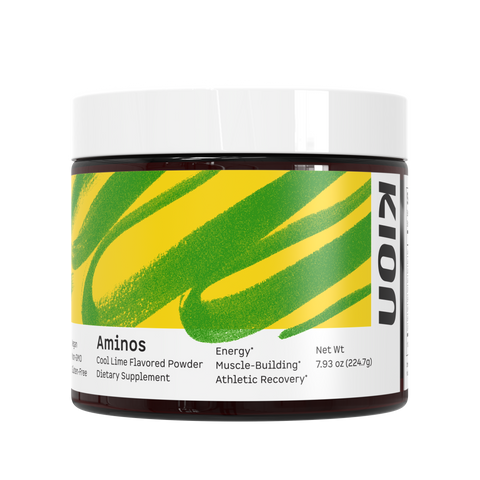
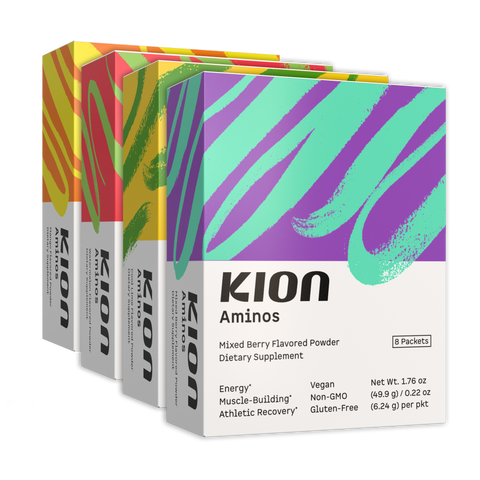
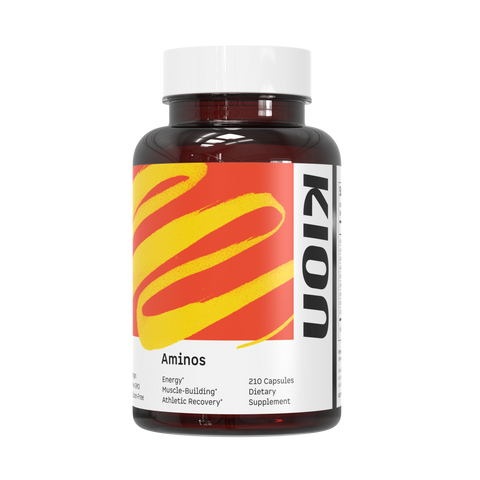
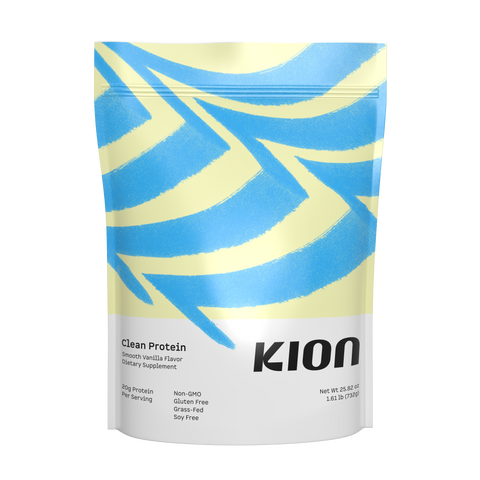
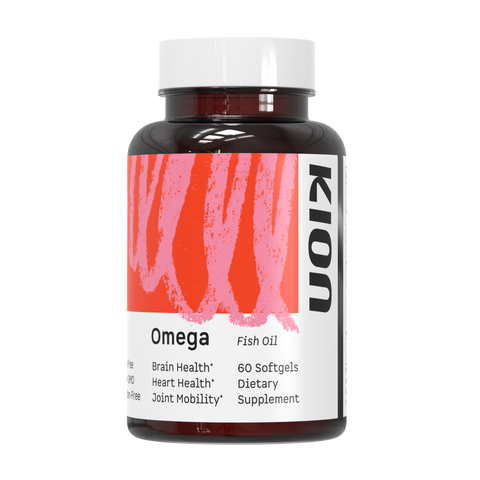
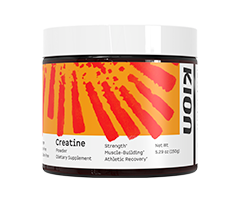
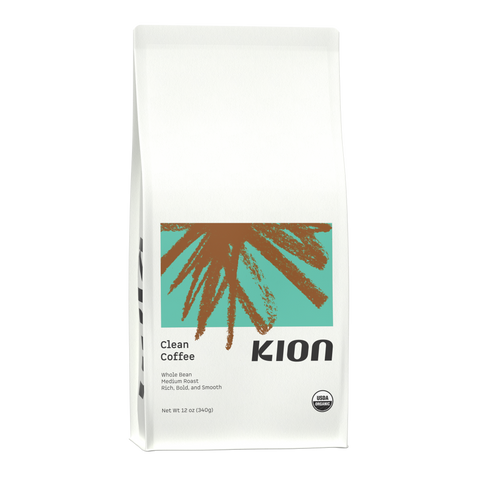
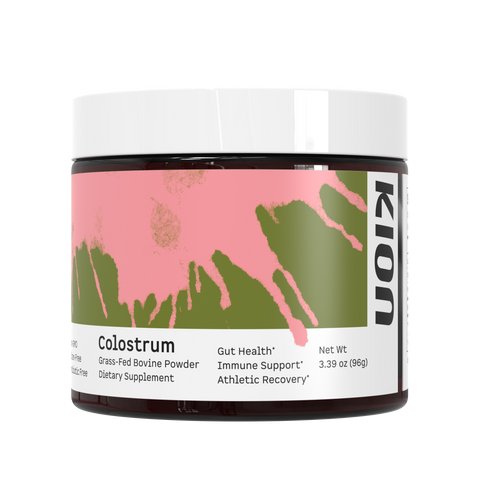
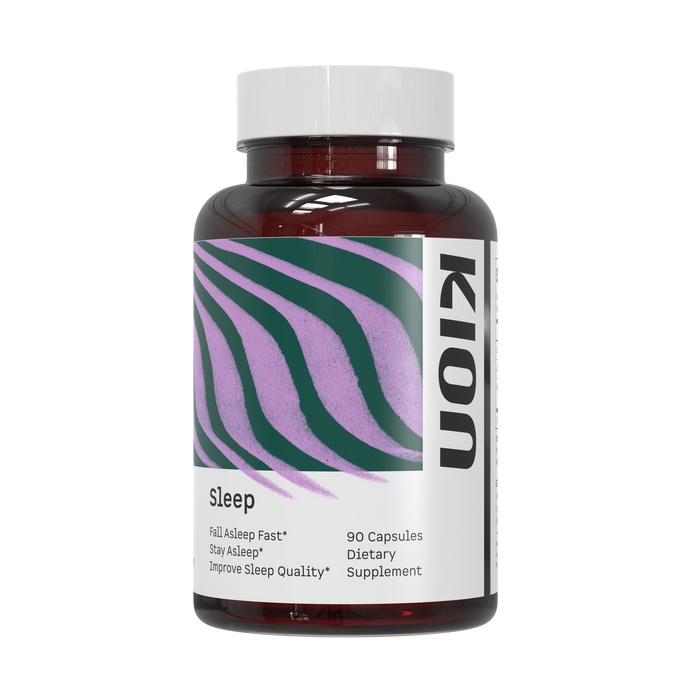
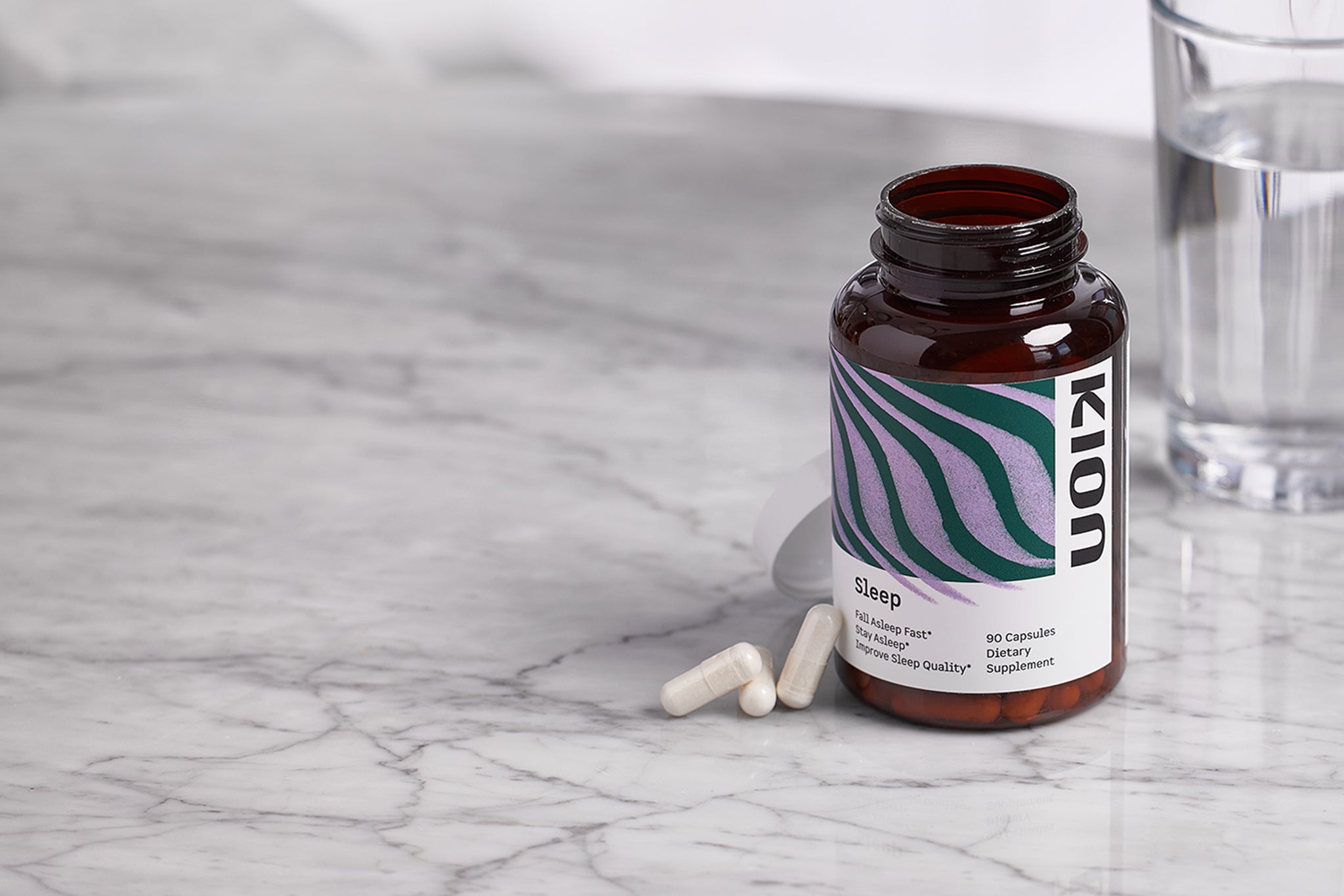

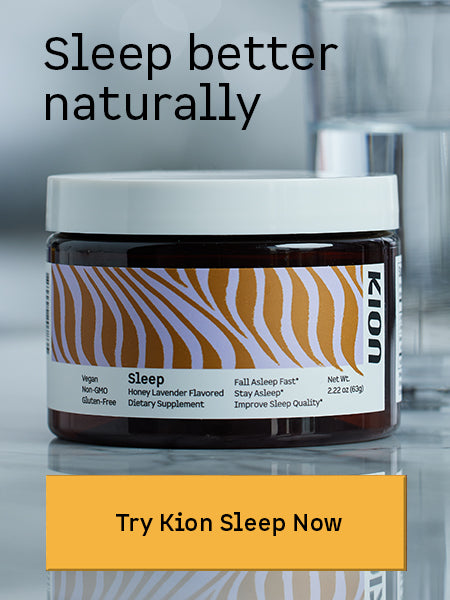




Comments
Is it acceptable to take Magnesium along with this product?
Thank You
———
Kion replied:
To our knowledge, yes, both can be taken together.
Chad Eslinger on
excited for my Kion sleep aminos to arrive! Wonderful informative article- has me more motivated than ever to master my sleep habits
Lawrence Braun on